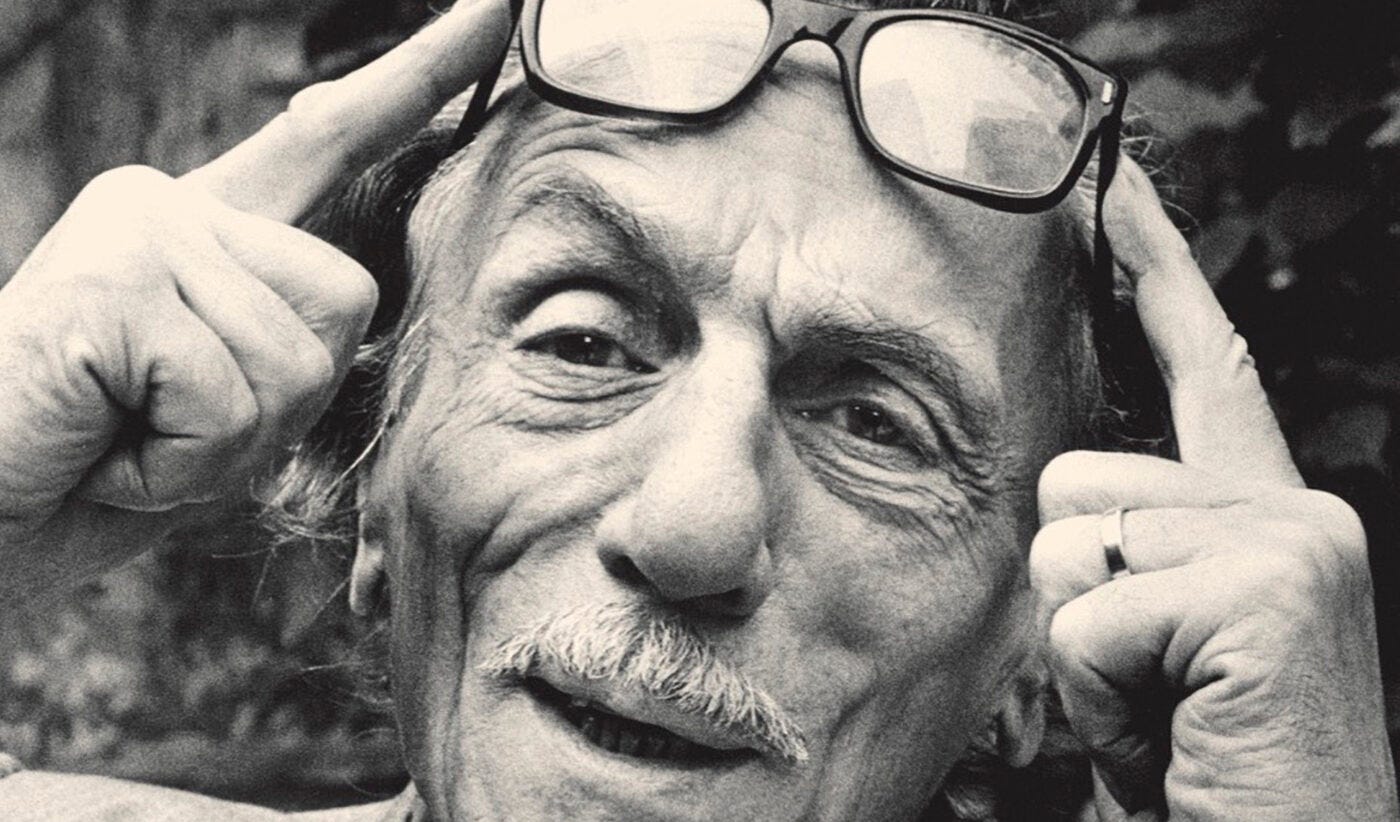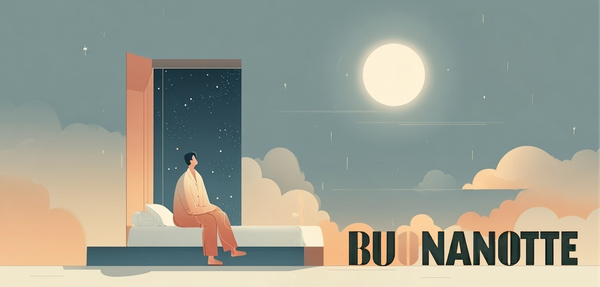Scena
NOUN [feminine]
Meaning and English translation 🔖
Scene
🇬🇧 It refers to the part of a theater where actors perform, but it also extends to various contexts, including the setting of a play, a dramatic situation in real life, or a picturesque view of nature.
🇮🇹 Si riferisce alla parte del teatro dove recitano gli attori, ma si estende anche a contesti diversi, come l’ambientazione di una storia, una situazione drammatica nella vita reale o un paesaggio suggestivo della natura.
| Masculine ♂️ | Feminine ♀️ | |
|---|---|---|
| Singular | - | la - una scena |
| Plural | - | le - delle scene |
Example sentences 💬
La regista ha voluto girare la scena al tramonto per un effetto più drammatico.
The director wanted to shoot the scene at sunset for a more dramatic effect.
Dobbiamo ritirare l'attrezzatura di scena dopo lo spettacolo.
We need to remove the stage equipment after the show.
La scene del crimine vengono delimitate dalla polizia.
The crime scenes are cordoned off by the police.
This article is brought to you by Giulia School, where you can learn Italian the natural way—with real conversations and passionate teachers guiding you every step of the journey. It’s the closest thing to immersion you can get without living in Italy. Click here to learn more.
Idioms with scena 🇮🇹
Colpo di scena
→ Plot twist
Il film sembrava prevedibile, ma c’è stato un colpo di scena finale!
The movie seemed predictable, but there was a final plot twist!
Entrare in scena
→ To come into play / To take the stage
L’attore principale entra in scena nel secondo atto.
The lead actor enters the stage in the second act.
Uscire di scena
→ To bow out / To leave the stage
L’attore è uscito di scena tra gli applausi del pubblico.
The actor bowed out amid audience applause.
Fare scena
→ To make a fuss / To make a scene
Non c’era bisogno di fare tutta quella scena per un ritardo di cinque minuti.
There was no need to make such a fuss over a five-minute delay.
Prendersi/Rubare la scena
→ To steal the show
Con quel vestito rosso, ha rubato la scena a tutte le altre invitate.
With that red dress, she stole the scene from all the other guests.
Where does the word stoffa come from? 🔎
Scena originates from the Latin "scaena" and the Greek "σκηνή" (skēnē), which means "tent" or "stage backdrop." Over time, it evolved to refer to the part of the theater where actors perform.
Did you know that... 🤓
Surprise your italian friends with curious facts about Italy and its culture

Today, we celebrate the birth anniversary of Eduardo De Filippo, one of Italy's most illustrious playwrights, actors, and directors. Born on May 24, 1900, De Filippo left an indelible mark on Italian theater with his profound understanding of human nature and a unique blend of humor and drama.
Career and Influence
Eduardo De Filippo began his acting career in the early 20th century, working initially with his brother Peppino in the theater company of their father, Eduardo Scarpetta. Over the years, Eduardo developed his style, which is characterized by a deep exploration of social issues and human emotions. His works often depicted the struggles and joys of everyday life in Naples, offering a poignant commentary on society.
Notable Works
Some of De Filippo's most famous plays include Napoli Milionaria!, Filumena Marturano, and Questi Fantasmi!. These plays are celebrated for their rich character development, intricate plots, and the seamless blending of comedy and tragedy. "Filumena Marturano," in particular, has been adapted into numerous films and remains a staple in Italian theater.
Eduardo's Legacy
Eduardo De Filippo's influence extends beyond the theater. His works have been translated into multiple languages and performed worldwide, reflecting universal themes that resonate with audiences everywhere. He was also a prolific screenwriter and film director, bringing his theatrical vision to the silver screen.





